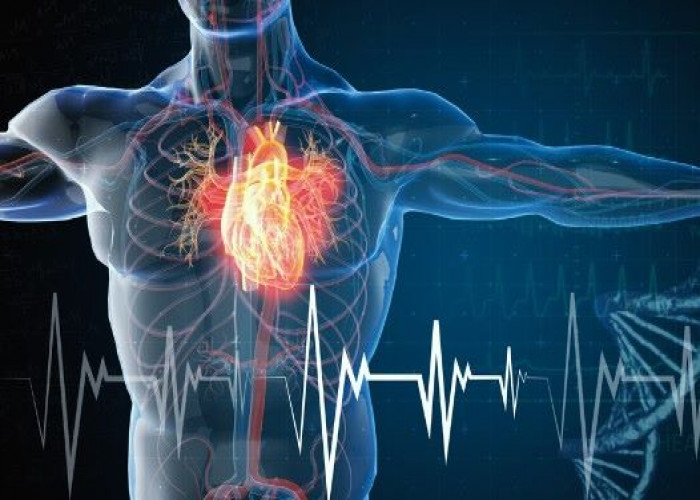 Welcome
Welcome
“May all be happy, may all be healed, may all be at peace and may no one ever suffer."
Heart failure
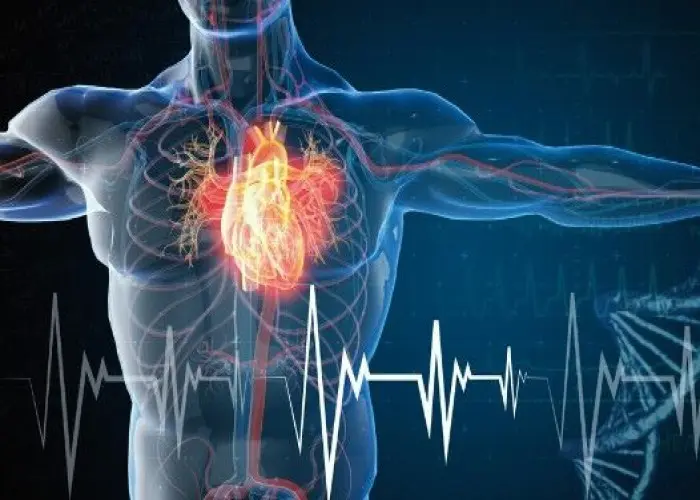
Heart failure is a condition in which the heart is unable to pump blood efficiently. This can occur when the heart is weakened or damaged, such as after a heart attack or as a result of long-term high blood pressure, coronary artery disease, or other conditions that affect the heart.
When the heart is not pumping effectively, fluid may build up in the lungs or other parts of the body, which can cause symptoms such as shortness of breath, fatigue, coughing, and swelling in the legs or abdomen. In severe cases, heart failure can be life-threatening.
Treatment for heart failure typically involves medications such as diuretics to help remove excess fluid from the body, ACE inhibitors or beta blockers to improve the heart's pumping ability, and other medications as needed depending on the underlying cause of the heart failure. Lifestyle changes such as reducing salt intake, managing stress, and getting regular exercise can also be beneficial for managing heart failure.
In some cases, surgical procedures such as the implantation of a pacemaker or defibrillator, or heart transplant may be necessary to treat severe heart failure. Early detection and treatment of heart failure can help manage symptoms and improve the quality of life for those affected.
Research Papers
Disease Signs and Symptoms
- Shortness of breath (dyspnea)
- Heart attack
- Loss of appetite
- Nausea or vomiting
- Swollen abdomen (Ascites)
- Decreased ability to exercise
- Irregular heartbeats (arrhythmia)
- Swollen feet and ankles (edema)
- Swollen leg
- Weakness
- Fatigue (Tiredness)
- Heart failure
Disease Causes
Heart failure
Heart failure often develops after other conditions have damaged or weakened the heart. However, heart failure can also occur if the heart becomes too stiff.
In heart failure, the main pumping chambers of the heart (the ventricles) may become stiff and not fill properly between beats. In some people, the heart muscle may become damaged and weakened. The ventricles may stretch to the point that the heart can't pump enough blood through the body.
Over time, the heart can no longer keep up with the typical demands placed on it to pump blood to the rest of the body.
Your doctor can determine how well your heart is pumping by measuring how much blood is pumped out with each beat (ejection fraction). Ejection fraction is used to help classify heart failure and guide treatment. In a healthy heart, the ejection fraction is 50% or higher — meaning that more than half of the blood that fills the ventricle is pumped out with each beat.
But heart failure can occur even with a normal ejection fraction. This happens if the heart muscle becomes stiff from conditions such as high blood pressure.
Heart failure can involve the left side (left ventricle), right side (right ventricle) or both sides of your heart. Generally, heart failure begins with the left side, specifically the left ventricle — your heart's main pumping chamber.
Any of the following conditions can damage or weaken your heart and can cause heart failure. Some of these can be present without your knowing it:
- Coronary artery disease and heart attack. Coronary artery disease is the most common form of heart disease and the most common cause of heart failure. The disease results from the buildup of fatty deposits in the arteries, which reduces blood flow and can lead to heart attack.
- A heart attack occurs suddenly when a coronary artery becomes completely blocked. Damage to your heart muscle from a heart attack may mean that your heart can no longer pump as well as it should.
- High blood pressure. If your blood pressure is high, your heart has to work harder than it should to circulate blood throughout your body. Over time, this extra exertion can make your heart muscle too stiff or too weak to properly pump blood.
- Faulty heart valves. The valves of the heart keep blood flowing in the proper direction. A damaged valve — due to a heart defect, coronary artery disease or heart infection — forces the heart to work harder, which can weaken it over time.
- Damage to the heart muscle. Heart muscle damage can have many causes, including certain diseases, infection, heavy alcohol use, and the toxic effect of drugs, such as cocaine or some drugs used for chemotherapy. Genetic factors also can play a role.
- Inflammation of the heart muscle (myocarditis). Myocarditis is most commonly caused by a virus, including the COVID-19 virus, and can lead to left-sided heart failure.
- A heart problem that you're born with (congenital heart defect). If your heart and its chambers or valves haven't formed correctly, the healthy parts of your heart have to work harder to pump blood, which may lead to heart failure.
- Abnormal heart rhythms (arrhythmias). Abnormal heart rhythms may cause your heart to beat too fast, creating extra work for your heart. A slow heartbeat also may lead to heart failure.
- Other diseases. Long-term diseases — such as diabetes, HIV, an overactive or underactive thyroid, or a buildup of iron or protein — also may contribute to chronic heart failure.
Causes of sudden (acute) heart failure also include:
- Allergic reactions
- Any illness that affects the whole body
- Blood clots in the lungs
- Severe infections
- Use of certain medications
- Viruses that attack the heart muscle
Disease Prevents
Heart failure
The key to preventing heart failure is to reduce your risk factors. You can control or eliminate many of the risk factors for heart disease by making healthy lifestyle changes and by taking the medications prescribed by your doctor.
Lifestyle changes you can make to help prevent heart failure include:
- Not smoking
- Controlling certain conditions, such as high blood pressure and diabetes
- Staying physically active
- Eating healthy foods
- Maintaining a healthy weight
- Reducing and managing stress
Disease Treatments
Heart failure is a chronic disease needing lifelong management. However, with treatment, signs and symptoms of heart failure can improve, and the heart sometimes becomes stronger.
Doctors sometimes can correct heart failure by treating the underlying cause. For example, repairing a heart valve or controlling a fast heart rhythm may reverse heart failure. But for most people, treatment of heart failure involves a balance of the right medications and, sometimes, use of devices that help the heart beat and contract properly.
Medications
Doctors usually treat heart failure with a combination of medications. Depending on your symptoms, you might take one or more medications, including:
- Angiotensin-converting enzyme (ACE) inhibitors. These drugs relax blood vessels to lower blood pressure, improve blood flow and decrease the strain on the heart. Examples include enalapril (Vasotec, Epaned), lisinopril (Zestril, Qbrelis, Prinivil) and captopril.
- Angiotensin II receptor blockers. These drugs, which include losartan (Cozaar), valsartan (Diovan) and candesartan (Atacand), have many of the same benefits as ACE inhibitors. They may be an option for people who can't tolerate ACE inhibitors.
- Beta blockers. These drugs slow your heart rate and reduce blood pressure. Beta blockers may reduce signs and symptoms of heart failure, improve heart function, and help you live longer. Examples include carvedilol (Coreg), metoprolol (Lopressor, Toprol-XL, Kapspargo Sprinkle) and bisoprolol.
- Diuretics. Often called water pills, diuretics make you urinate more frequently and keep fluid from collecting in your body. Diuretics, such as furosemide (Lasix), also decrease fluid in your lungs so you can breathe more easily.
- Because diuretics make your body lose potassium and magnesium, your doctor may also prescribe supplements of these minerals. If you're taking a diuretic, your doctor will likely monitor levels of potassium and magnesium in your blood through regular blood tests.
- Aldosterone antagonists. These drugs include spironolactone (Aldactone, Carospir) and eplerenone (Inspra). These are potassium-sparing diuretics that have additional properties that may help people with severe systolic heart failure live longer.
- Unlike some other diuretics, spironolactone and eplerenone can raise the level of potassium in your blood to dangerous levels, so talk to your doctor if increased potassium is a concern, and learn if you need to modify your intake of food that's high in potassium.
- Positive inotropes. These medications may be given by IV to people with certain types of severe heart failure who are in the hospital. Positive inotropes can help the heart pump blood more effectively and maintain blood pressure. Long-term use of these drugs has been linked to an increased risk of death in some people. Talk to your health care provider about the benefits and risks of these drugs.
- Digoxin (Lanoxin). This drug, also called digitalis, increases the strength of your heart muscle contractions. It also tends to slow the heartbeat. Digoxin reduces heart failure symptoms in systolic heart failure. It may be more likely to be given to someone with a heart rhythm problem, such as atrial fibrillation.
- Hydralazine and isosorbide dinitrate (BiDil). This drug combination helps relax blood vessels. It may be added to your treatment plan if you have severe heart failure symptoms and ACE inhibitors or beta blockers haven't helped.
- Vericiguat (Verquvo). This newer medicine for chronic heart failure is taken once a day by mouth. It's a type of drug called an oral soluble guanylate cyclase (sGC) stimulator. In studies, people with high-risk heart failure who took vericiguat had fewer hospital stays for heart failure and heart disease-related deaths compared with those who received an inactive pill (placebo).
- Other medications. Your doctor may prescribe other medications to treat specific symptoms. For example, some people may receive nitrates for chest pain, statins to lower cholesterol or blood-thinning medications to help prevent blood clots.
Your doctor may need to adjust your doses frequently, especially when you've just started a new medication or when your condition is worsening.
You may be admitted to the hospital if you have a flare-up of heart failure symptoms. While in the hospital, you may receive additional medications to help your heart pump better and relieve your symptoms. You may also receive supplemental oxygen through a mask or small tubes placed in your nose. If you have severe heart failure, you may need to use supplemental oxygen for a long time.
Surgery or other procedures
Surgery or other procedures to implant cardiac devices may be recommended to treat the underlying problem that led to heart failure. Surgery or other procedures for heart failure may include:
- Coronary bypass surgery. If severely blocked arteries are causing your heart failure, your doctor may recommend coronary artery bypass surgery. The procedure involves taking a healthy blood vessel from your leg, arm or chest and connecting it below and above the blocked arteries in your heart. The new pathway improves blood flow to your heart muscle.
- Heart valve repair or replacement. If a faulty heart valve causes your heart failure, your doctor may recommend repairing or replacing the valve. Surgeons can repair the valve by reconnecting valve flaps or by removing excess valve tissue so that the leaflets can close tightly. Sometimes repairing the valve includes tightening or replacing the ring around the valve.
- Heart valve repair or replacement may be done as open-heart surgery, a minimally invasive surgery or a heart procedure using flexible tubes called catheters (cardiac catheterization).
- Implantable cardioverter-defibrillators (ICDs). An ICD is used to prevent complications of heart failure. It isn't a treatment for heart failure itself. An ICD is a device similar to a pacemaker. It's implanted under the skin in your chest with wires leading through your veins and into your heart.
- The ICD monitors the heart rhythm. If the heart starts beating at a dangerous rhythm, or if your heart stops, the ICD tries to pace your heart or shock it back into normal rhythm. An ICD can also work as a pacemaker and speed your heart up if it is going too slow.
- Cardiac resynchronization therapy (CRT). Also called biventricular pacing, CRT is a treatment for heart failure in people whose lower heart chambers (ventricles) aren't pumping in sync with each other. A device called a biventricular pacemaker sends electrical signals to the ventricles. The signals trigger your ventricles to contract in a more coordinated way, which improves the pumping of blood out of your heart. CRT may be used with an ICD.
- Ventricular assist devices (VADs). A VAD — also known as a mechanical circulatory support device — is a device that helps pump blood from the lower chambers of your heart (ventricles) to the rest of your body. Although a VAD can be placed in one or both ventricles of your heart, it is most frequently implanted in the left ventricle.
- Your doctor may recommend a VAD if you're waiting for a heart transplant. Sometimes, a VAD is used as a permanent treatment for people who have heart failure but who aren't good candidates for a heart transplant.
- Heart transplant. Some people have such severe heart failure that surgery or medications don't help. These people may need to have their hearts replaced with a healthy donor heart.
- A heart transplant isn't the right treatment for everyone. A team of doctors at a transplant center will evaluate you to determine whether the procedure may be safe and beneficial for you.
Palliative care and end-of-life care
Your doctor may recommend including palliative care in your treatment plan. Palliative care is specialized medical care that focuses on easing your symptoms and improving your quality of life. Anyone who has a serious or life-threatening illness can benefit from palliative care, either to treat symptoms of the disease, such as pain or shortness of breath, or to ease the side effects of treatment, such as fatigue or nausea.
It's possible that your heart failure may worsen to the point where medications are no longer working and a heart transplant or device isn't an option. If this occurs, you may need hospice care. Hospice care provides a special course of treatment to terminally ill people.
Hospice care allows family and friends — with the aid of nurses, social workers and trained volunteers — to care for and comfort a loved one at home or in hospice residences. Hospice care provides emotional, psychological, social and spiritual support for people who are ill and those closest to them.
Hospice care is available in your own home or in nursing homes and assisted living centers. For people who stay in a hospital, specialists in end-of-life care can provide comfort, compassionate care and dignity.
Although it can be difficult, discussing end-of-life issues with your family and medical team is important. Part of this discussion will likely involve advance care directives — a general term for oral and written instructions you give concerning your medical care should you become unable to speak for yourself.
If you have an ICD, one important consideration to discuss with your family and doctors is whether it should be turned off so that it can't deliver shocks to make your heart continue beating.
Disease Diagnoses
Disease Allopathic Generics
-
Aminophylline
For the time being, give the medicine containing aminophylline to relieve the patient's shortness of breath.
1 pill 3 times a day.
-
Dextrose
Aminophylline Injection or Cardophylline Injection in 5% Dextrose in Aqua.
5/10 drops per minute should be given. It is better to send the patient to the hospital.
-
Furosemide
Medicines containing the diuretic frusemide.
1 pill every morning after breakfast.
-
Acetazolamide
1 daily or every other day.
-
Pethidine Hydrochloride
If the chest pain is severe, pethidine is a medicine with hypedrachlor.
1 pill 3 times a day.
-
Lorazepam
Lorazepam is an anti-anxiety medication.
1 pill 3 times a day.
-
Spironolactone
Medicines containing spironolactone.
2 pills 2 times a day. If necessary, the level will be increased.
-
Spironolactone
Medicines containing spironolactone.
2 pills 2 times a day. If necessary, the level will be increased.
-
Potassium Chloride
Medicines containing potassium salts.
2 spoons 2/3 times a day after meals.
-
Bromazepam
Drugs containing bromazepam for mental sedation.
Daily 1 pill in the morning and 1 pill at night.
-
Trifluoperazine
Medicines containing trifluoroperazine.
1 pill 2 times a day at night.
-
Flupentixol + Melitracen
Flupenthixol 0.5 mg + melitracin 10 mg combination medicine.
1 pill 2 times a day.
Disease Ayurvedic Generics
Disease Homeopathic Generics
Disease yoga
Heart failure and Learn More about Diseases
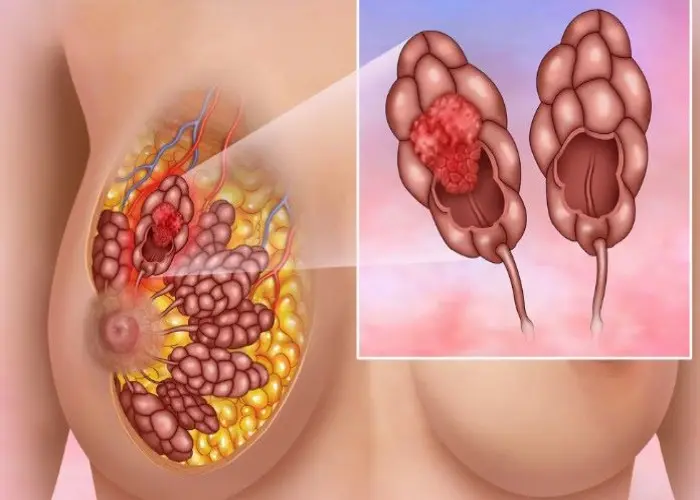
Invasive lobular carcinoma
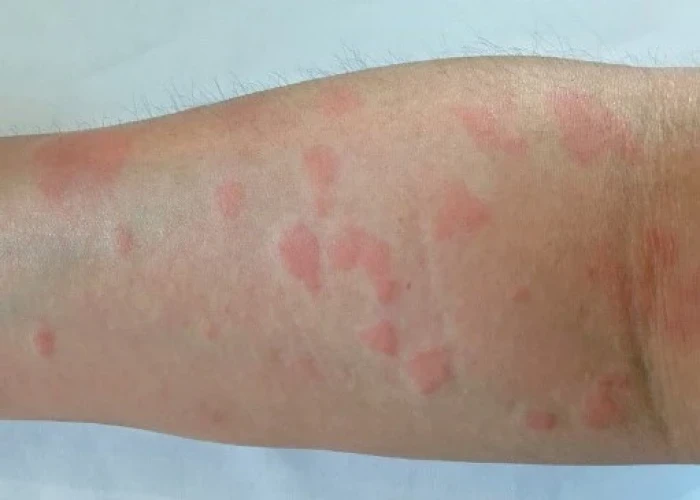
Lupus

Uterine Inflammation (Cervicitis)
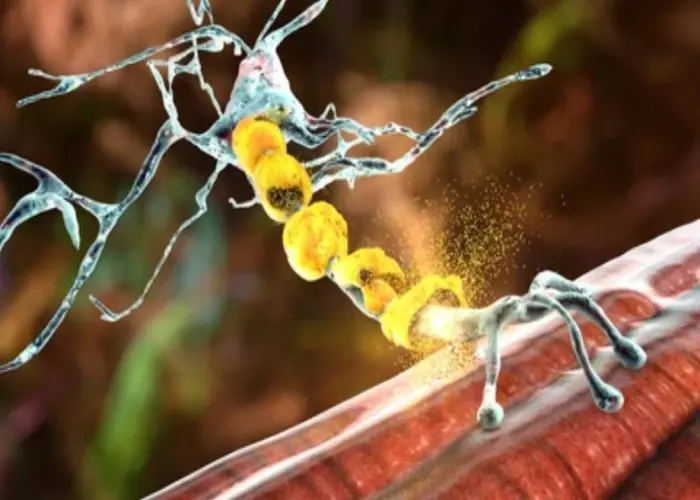
Charcot-Marie-Tooth disease
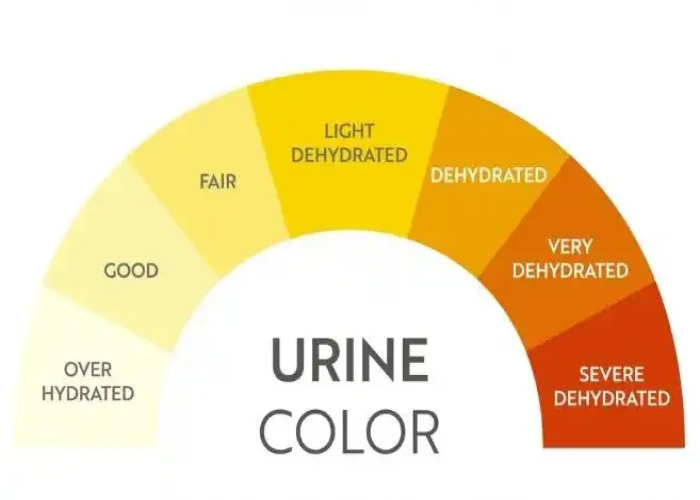
Urine color
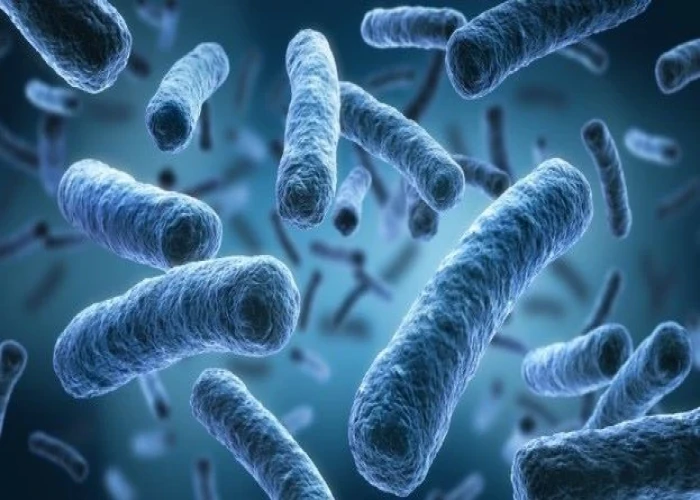
Microscopic colitis
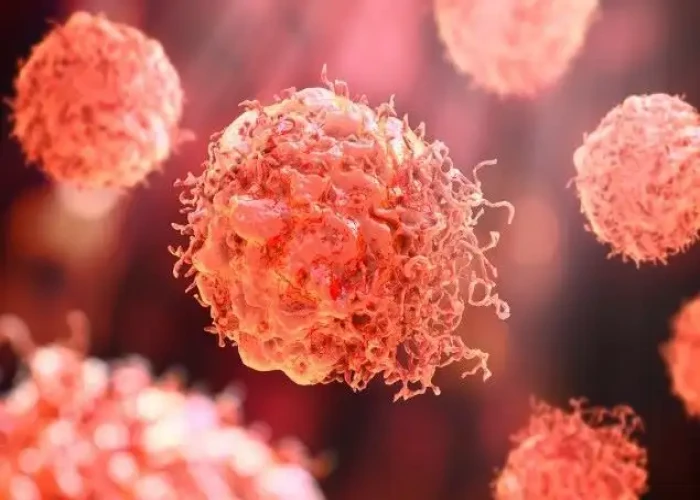
Sarcoma
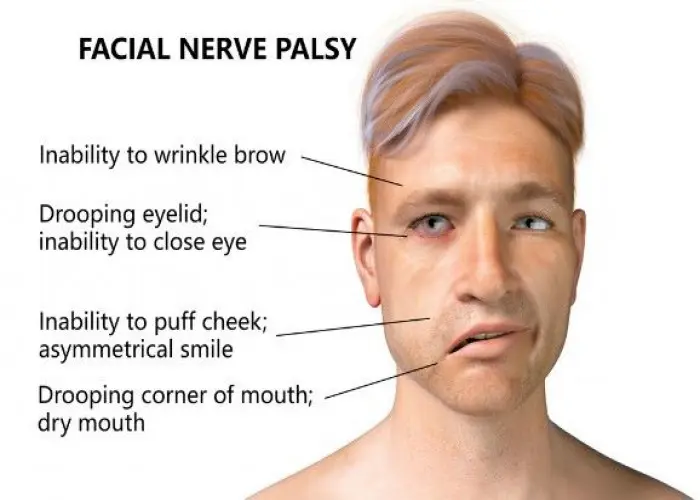
Facial palsy
heart failure, হার্ট ফেইলিওর
To be happy, beautiful, healthy, wealthy, hale and long-lived stay with DM3S.
